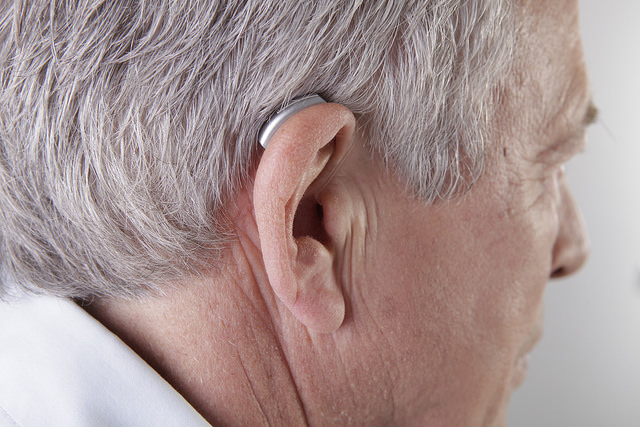Hearing loss is a traumatic and life-changing experience that can significantly affect one’s social and personal well-being. The condition can be gradual, which makes it hard to detect until it’s almost too late. Fortunately, both conductive-caused and sensorineural hearing loss can be treated either naturally or artificially. Let’s look at some natural treatment options available for you.
Maintain high ear hygiene
Our ears naturally secrete wax, which traps dust and debris from entering the middle and inner ear chambers. However, wax build-up does more harm than good by blocking sound from reaching the inner ear.
The condition may worsen if your ear produces excess wax, flowing inwards and covering the middle ear bones or affecting the inner-ear membranes. Wax should be regularly removed to prevent build-up. Be sure to use an appropriate apparatus when cleaning the ear to prevent mechanical damage.
Large wax build-ups can be softened and dissolved using olive oil, warm salty water, or hydrogen peroxide before being carefully scrubbed using cotton earbuds. The process is complicated in young children, and that is why you need an audiologist for your hearing needs. Having your ear wax removed by a professional such as Helix Hearing Care reduces the chances of damaging the ear components.
Exercise regularly
You might be wondering how jogging and running can improve your hearing. It’s actually fairly simple; when you exercise, your blood circulation is fired up, and the blood reaches places it never sufficiently reached before, including the inner ear chambers. Some yoga poses, such as cobra and lotus pose (or any other pose that stretches your spine), can work wonders on your blood circulation while sharpening your auditory senses.
Quit smoking
Research associates smoking with an early hearing loss in adults. For instance, one research conducted on 50,000 men and women found out that 60% of smokers were more likely to develop high-frequency hearing impairment than non-smokers. This happens in two ways; the nicotine in your daily smoke stiffens the blood vessels around your ear tissues, cutting oxygen availability to the active cochlear cells. In addition to that, the chemical wears the auditory nerve responsible for transmitting signals from the ear to the brain. Do your ears a favor by quitting smoking.
Work on your diet
Adding nutritious foods to your regular diet can do wonders for your ears. High protein food is highly recommended by hearing experts; salmon, tuna, legumes, and animal products help replace worn-out ear cells. Vitamins B12, B6, B9 work on your nervous systems’ functions, while B3 steps up blood circulation around the ears. In older folks, B12 deficiency leads to hearing impairment. Therefore, a healthy diet is always good for your ears and general well-being.
Avoid loud noise
Consider going slow on your ears with that loud music. Going to a loud party every once in a while might not have a significant impact on your ears. However, continuous exposure to loud noise gradually damages them. It is advisable to wear protective gear when working in places with high noise to avoid developing hearing conditions such as tinnitus.
Endnote
Our ears are an essential part of our bodies, and hearing loss can be a considerable inconvenience in life. It pays to treat your ears with extra care and attention. Visit an auditory specialist today for a hearing check.
